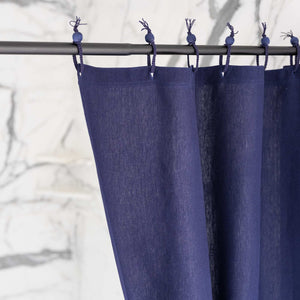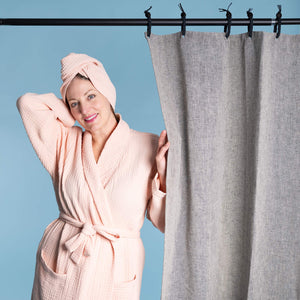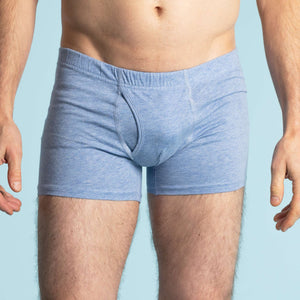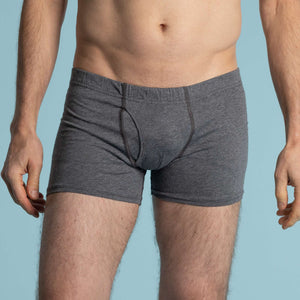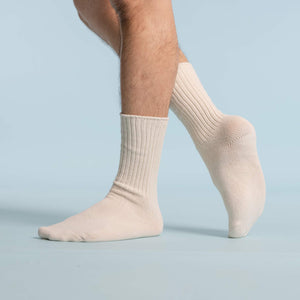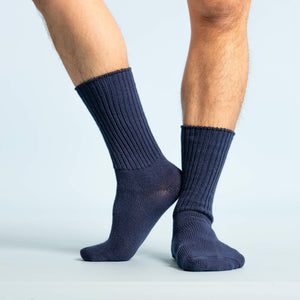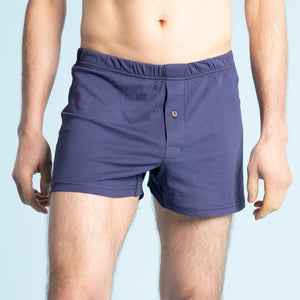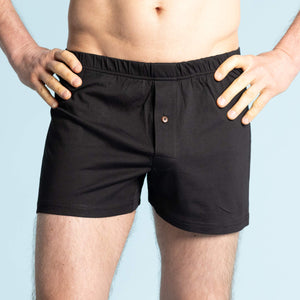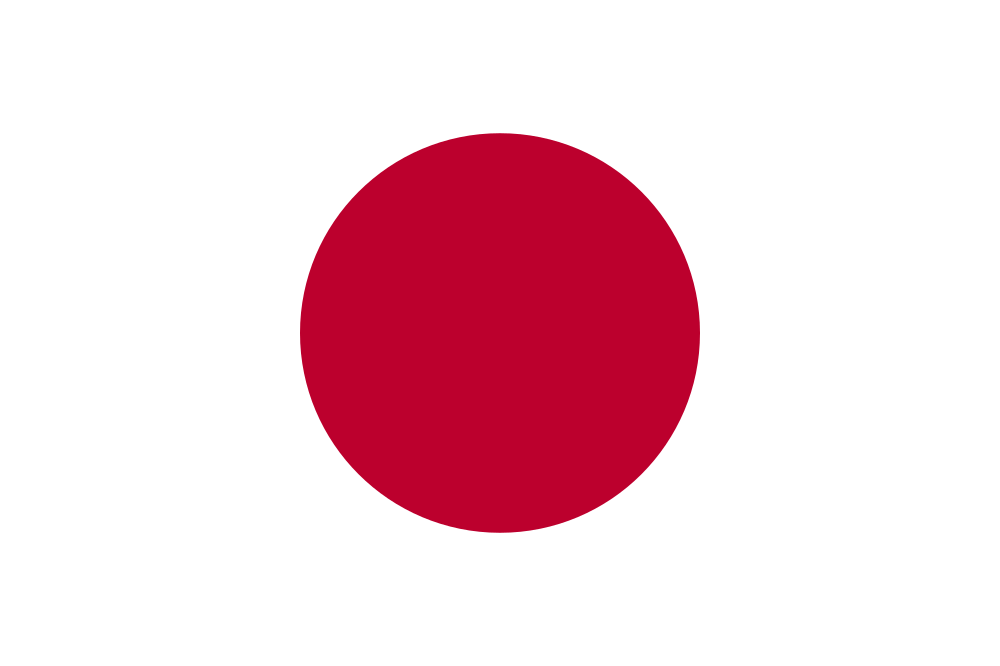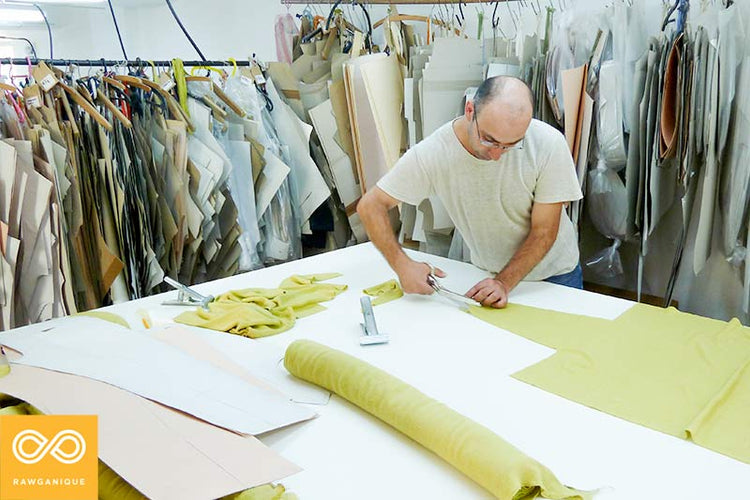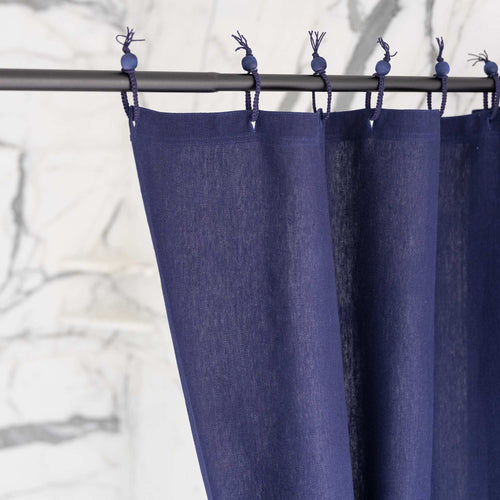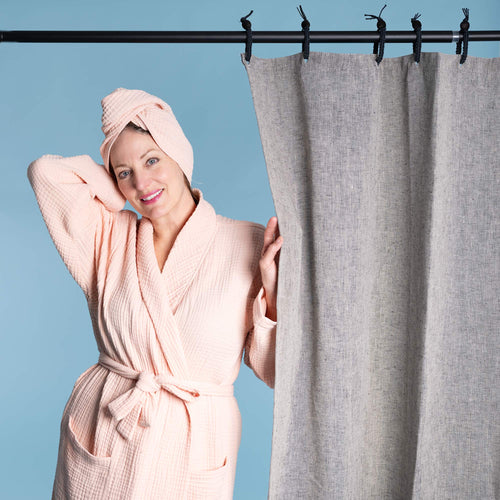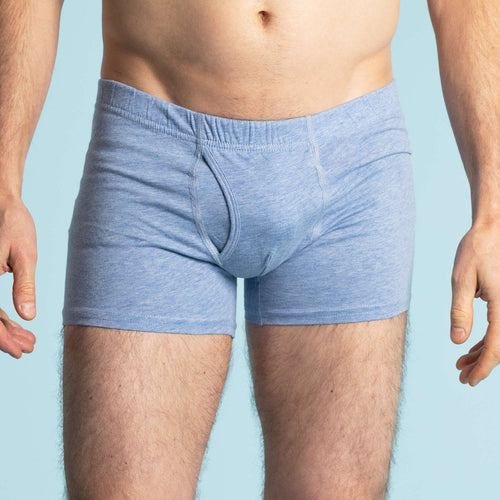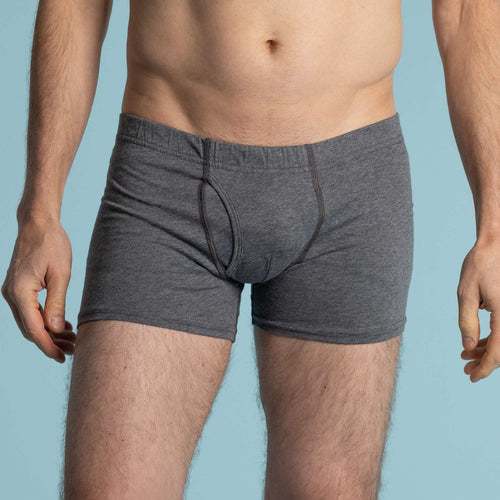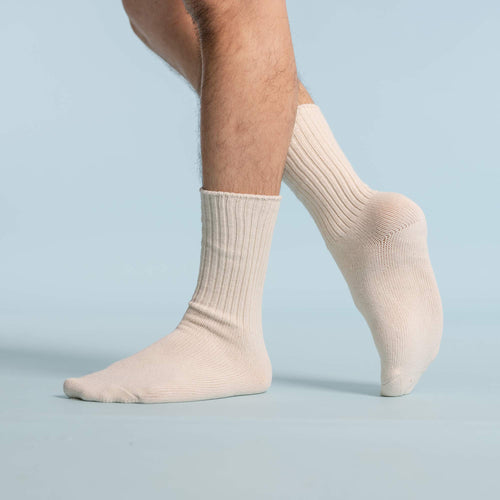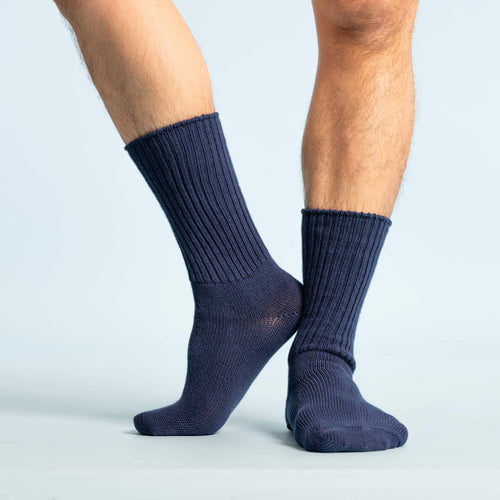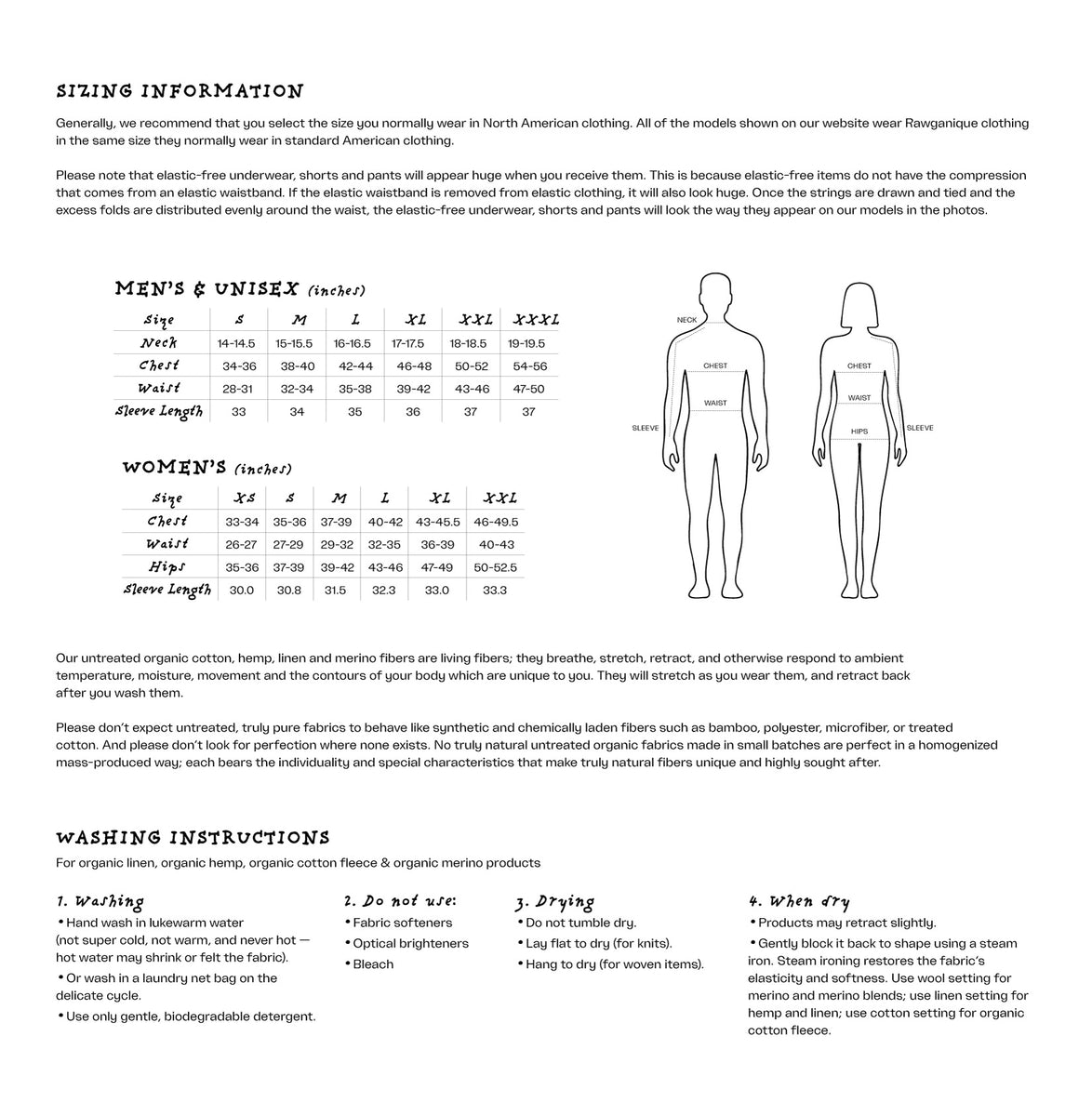Handmade Sweatshop-free Manufacturing Organic Clothing Productions
About Sweatshop-free Products
What does sweatshop-free mean? For us, it means:
Above average pay (living wage)
Food ticket daily
22 days vacation per year
10 minute break for every two hours of work
30 minute lunch break
Matched health care contributions, up to 82% of salary combined
Covered health care
Friendly work environment: natural light
Stimulating work, as for a small manufacturer, we produce a comprehensive line of garment, bed, bath, footwear, and bag items.
Many of our staff have been with our atelier for almost 20 years, so they are very much like family.
The word sweatshop has become a murky, vague word in the face of modern manufacturing. It seems every other product on the market is made in a low-wage country, with the factory workers selling their time to work under substandard conditions in exchange for very little money. Then the marketing department of the big companies goes to work to make the products all seem shiny, new, and impossibly perfect from every aspect.
Would you work for $1 a day? No, we didn't think so. We wouldn't, either. That's why we could never bring ourselves to get excited about the profit opportunity of producing our products in low-wage countries where workers are taken advantage of.
At Rawganique.com, we make clothing, footwear, and home products that are as pure as possible. To that end, we do as much as possible (which is close to everything) in-house so that we can control the conditions and purity of the products we make. It's always been this way since our beginning in 1997.
With a team of 50 artisans and partners, we grow organic European hemp, process the fibers, then weave or knit them into fabrics, which we then dye with natural or biodegradable fiber-reactive dyes, so that we can then sew them into the designs our team of designers have drawn up. The same goes for our organic cotton and linen. This end-to-end purity is almost unheard of in modern-day manufacturing.
With a team of 50 artisans and partners, we grow organic European hemp, process the fibers, then weave or knit them into fabrics, which we then dye with natural or biodegradable fiber-reactive dyes, so that we can then sew them into the designs our team of designers have drawn up. The same goes for our organic cotton and linen. This end-to-end purity is almost unheard of in modern-day manufacturing.
That's why we don't call it manufacturing and we don't call our workers factory workers. Instead, we have a team of artisans who take pride in everything they do. We do all this so that we can feel good about wearing the clothes we make — that is, after all, the reason we started Rawganique and PureClothes in 1999: we were allergic to pesticides, contaminants, and industrial chemicals and toxins in clothing and home products (and tanning chemicals in leather goods). We wanted real alternatives that were pure and sustainable, and we couldn't find them in the marketplace.
Take our vegan organic hemp shoes, for instance. Instead of producing them cheaply in a mass-market factory, we make each pair by hand from the hemp canvas that we grow and process from seed. It does take a lot longer to make each pair, and it's all the more special for that. We continually strive to improve and thrive on lively customer feedback: we are now making hemp shoes with natural rubber soles and hemp shoes with glue-free sewn-on soles, because severely chemically-sensitive customers (and our fragile planet) need them.
So, what does sweatshop-free really mean in the real world? It means that our artisans in USA, Canada, and Europe are paid above-average salaries. In our European atelier, our team gets 20 days of vacation per year. Each is given a daily food ticket, plus all the benefits that the European Commission entitles workers to, like healthcare, insurance, and employer contributions. To top it off, we provide a comfortable, friendly, airy, and light-filled work environment.
Many of our artisans have been with us since the beginning. We are family.
Our sweatshop-free products are also GMO-free, pesticide-free, formaldehyde-free, PVC-free, dioxin-free. No heavy metals, no acids, no caustic soda (the common ingredient in hemp manufacturing in China and India -- the hemp is broken down with acids and caustic soda, then spun like cotton). For us, we use time-honored methods of dew-retting and stream-retting to process the hemp fibers, then mechanically comb them into beautiful long-staple fibers which is much stronger and purer than if they had been processed with chemicals
